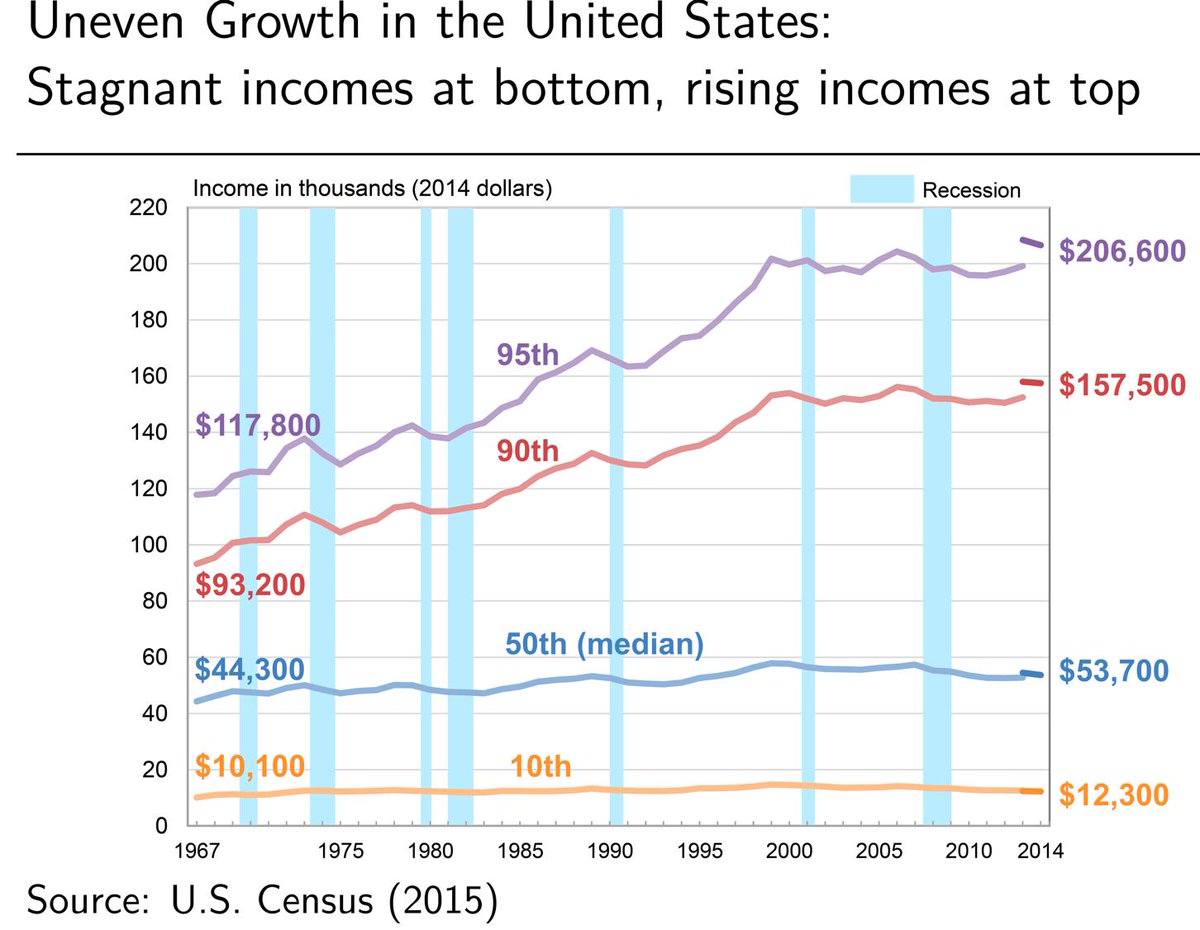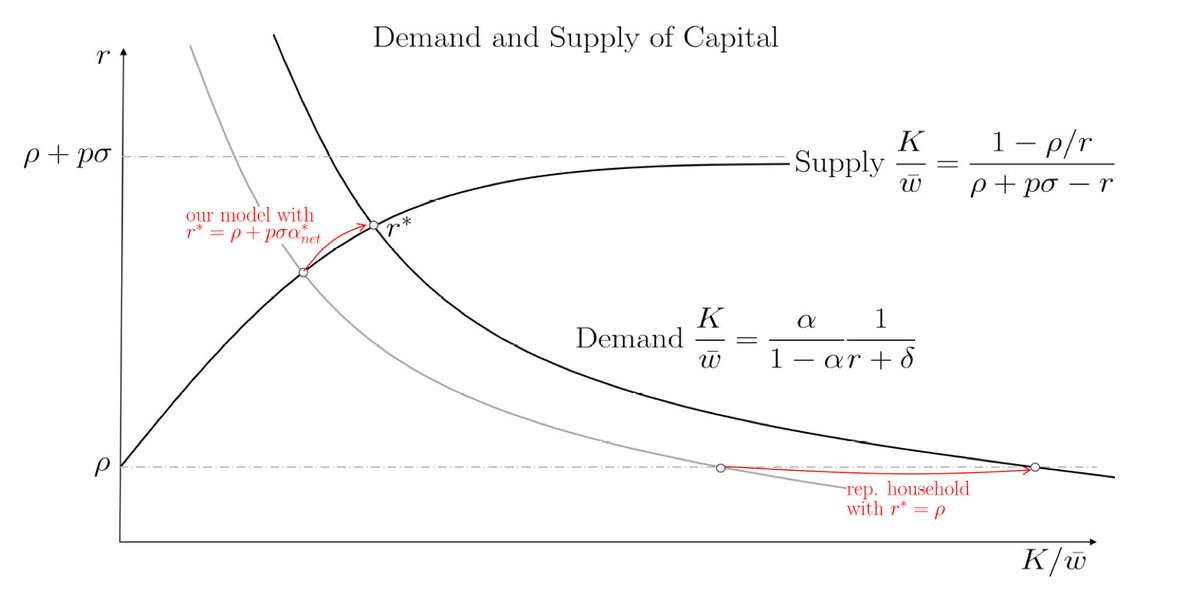
Another input into the energy imports embargo 🇩🇪 debate, now from @MonikaSchnitzer.
Unfortunately rather than the advertised "balanced and unexcited assessment of the tradeoffs" we get a bunch of gut feelings, unsubstantiated claims, and outright errors and misunderstandings.
Unfortunately rather than the advertised "balanced and unexcited assessment of the tradeoffs" we get a bunch of gut feelings, unsubstantiated claims, and outright errors and misunderstandings.
https://twitter.com/MonikaSchnitzer/status/1502961087217606658
Gut feelings: "huge" economic impact. I don't deny there'll be a cost, perhaps significant. But w/o evidence or analysis, this is scaremongering.
Show us your model / assumptions / simulations / regressions / back of the envelopes
Show us your model / assumptions / simulations / regressions / back of the envelopes
Unsubstantiated: next winter - ignores completely substitution possibilities, which increase with time.
And what if Putin turns off the tap in Nov? Or what if he makes his move on a NATO member then? It's a significant econ risk to be taking right now.
And what if Putin turns off the tap in Nov? Or what if he makes his move on a NATO member then? It's a significant econ risk to be taking right now.
On top of that the concern about debt and the politics of it. If you are not going to use your cushion now, i don't know when?
[BTW we can support people through this w/o subsidising energy - I agree the price system must be allowed to do its job, incentivising change.]
[BTW we can support people through this w/o subsidising energy - I agree the price system must be allowed to do its job, incentivising change.]
And surely there will be huge long-term political and moral consequences of your indifference now. And I mean HUGE.
But let's stay in our lane...
But let's stay in our lane...
Errors: our Euros are not funding Putin's war effort. Well. Try to procure same G with Y=C+I+G instead of Y=C+I+G+NX.
And also please tell me what's your gut feeling on the value of the rouble with an embargo, if Gazprom etc can't exchange all those 100s millions of $ a day?
And also please tell me what's your gut feeling on the value of the rouble with an embargo, if Gazprom etc can't exchange all those 100s millions of $ a day?
Finally: the status quo as the counterfactual is v dubious... THE WORLD HAS CHANGED. It is more risky, and yes, this change is costly. Status quo is no longer feasible, not recognising this now is a major failure imo.
Who is going to pay? Ukraine is paying the highest price. We must take our share of this burden: all of us in the West.
Exactly how we share that burden is up to us.
But there's little doubt imo the overall cost will only be going up.
Exactly how we share that burden is up to us.
But there's little doubt imo the overall cost will only be going up.
• • •
Missing some Tweet in this thread? You can try to
force a refresh








